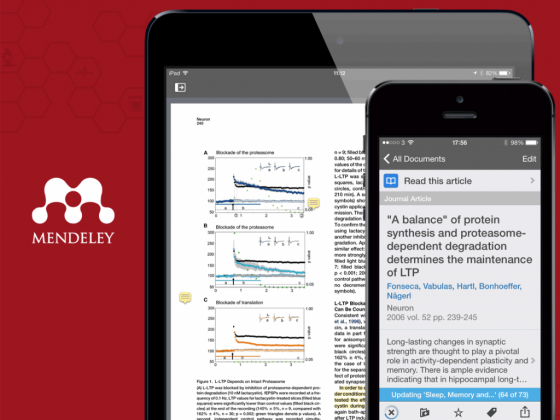Table of Contents
After so much effort bringing together the perfect article, finding the best scientific journal to submit it to becomes the next big challenge. Which one will bring the deserved awareness to your research? Which one will enhance the visibility of your work? Which one is the benchmark in your investigation field? Choosing the right journal for publication might end up being more complicated than you think.
Article publishing. Why is it important?
The saying “publish or perish” might sound familiar to you – since a researcher’s recognition and career often depend on article publishing. But that doesn’t mean diving into the first chance that comes along. From aims to scope, values and ethical practice, there are many things to take into account before choosing a journal to submit an article. If you’re submitting a paper instead of an article, it is equally important to find the right journal for your paper.
Choosing a Journal for Publication
Elsevier offers a wide range of distinguished journals, and choosing the best one to publish your research paper is much easier with our support and guidance. Using the JournalFinder, you can match your manuscript and learn more about each journal available. Powered by the Elsevier Fingerprint Engine™, JournalFinder uses smart search technology and field-of-research specific vocabularies to match your paper to the most appropriate scientific journals in a few simple steps:
1) Enter the title and abstract of your paper
2) Find journals that are best suited for your publication
3) Ultimately, the editor will decide on how well your article matches the journal
To Find Out More About a Journal
In article publishing, choosing a journal for publication is a strategically important step to give your work the opportunity to shine and attract the attention of the right people. Thus, it is not a decision to make without spending some time researching the best available publications out there. Make sure to follow these tips to get even closer to the perfect journal for you:
- Read the journal’s aims and scope to make sure it is a match.
- Check whether you can submit an article – some journals are invitation-only.
- Use journal metrics to understand the impact of a journal.
- CiteScore metrics – helps to measure journal citation impact. Free, comprehensive, transparent and current metrics calculated using data from Scopus®, the largest abstract and citation database of peer-reviewed literature.
- SJR – or SCImago Journal Rank, is based on the concept of a transfer of prestige between journals via their citation links.
- SNIP – or Source Normalized Impact per Paper, is a sophisticated metric that accounts for field-specific differences in citation practices.
- JIF – or Journal Impact Factor is calculated by Clarivate Analytics as the average of the sum of the citations received in a given year to a journal’s previous two years of publications, divided by the sum of “citable” publications in the previous two years.
- H-index – Although originally conceived as an author-level metric, the H-index has been being applied to higher-order aggregations of research publications, including journals.
- If available, check the journal at Journal Insights for additional info about impact, speed and reach:
- Impact: Number of times an average paper in this journal is cited.
- Speed: The average number of weeks it takes for an article to be reviewed. Essentially, the average number of weeks it takes for an article to reach key publication points in the production process.
- Reach: The number of downloads at the country/regional level over the last five full years available. The number of primary corresponding authors at the country/regional level, over the last five full years available.
Language Editing Services by Elsevier Author Services
Through our Language Editing Services, we correct proofreading errors, check for grammar and syntax to make your paper sound natural and professional.
So that editors and reviewers can understand the science behind your manuscript.
With more than a hundred years of experience in publishing, Elsevier today is trusted by millions of authors around the world.
Find more about How to choose a journal for your article? on Pinterest













